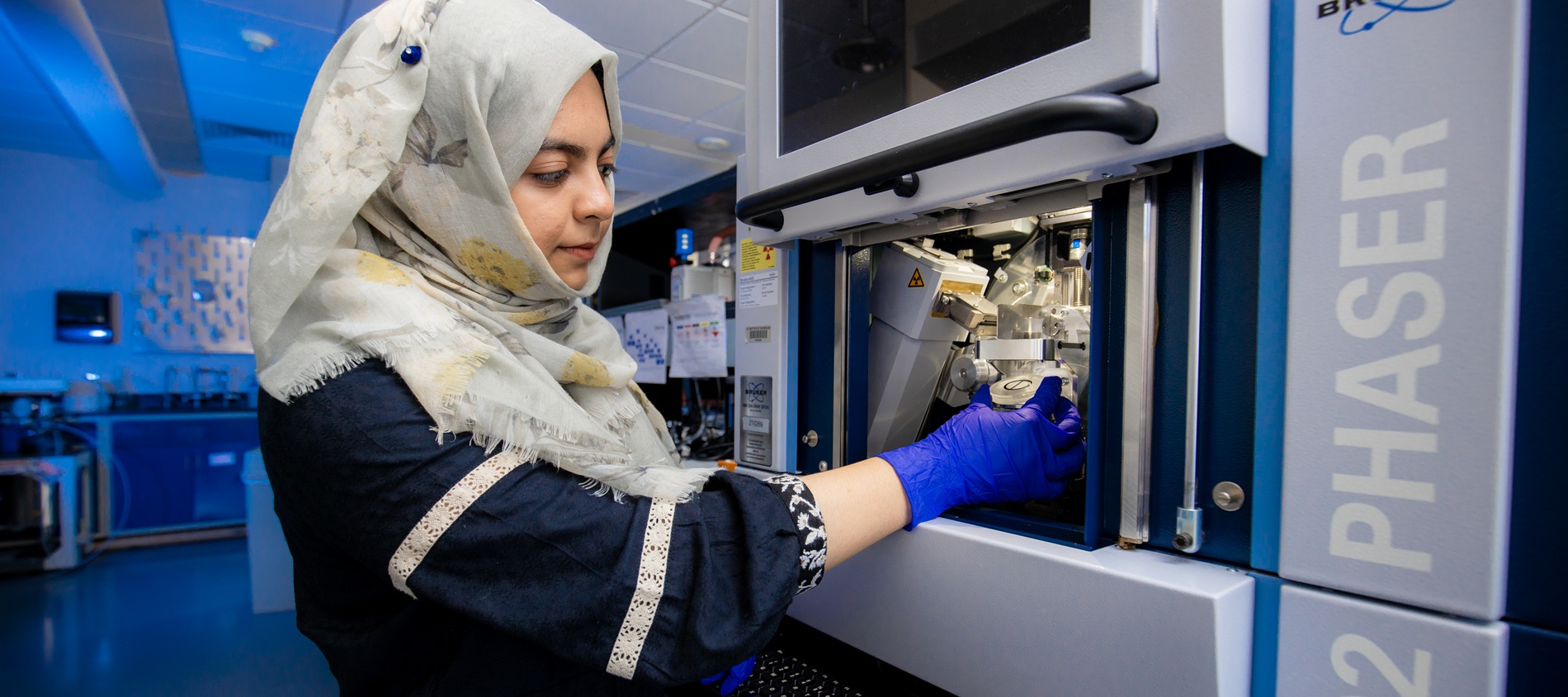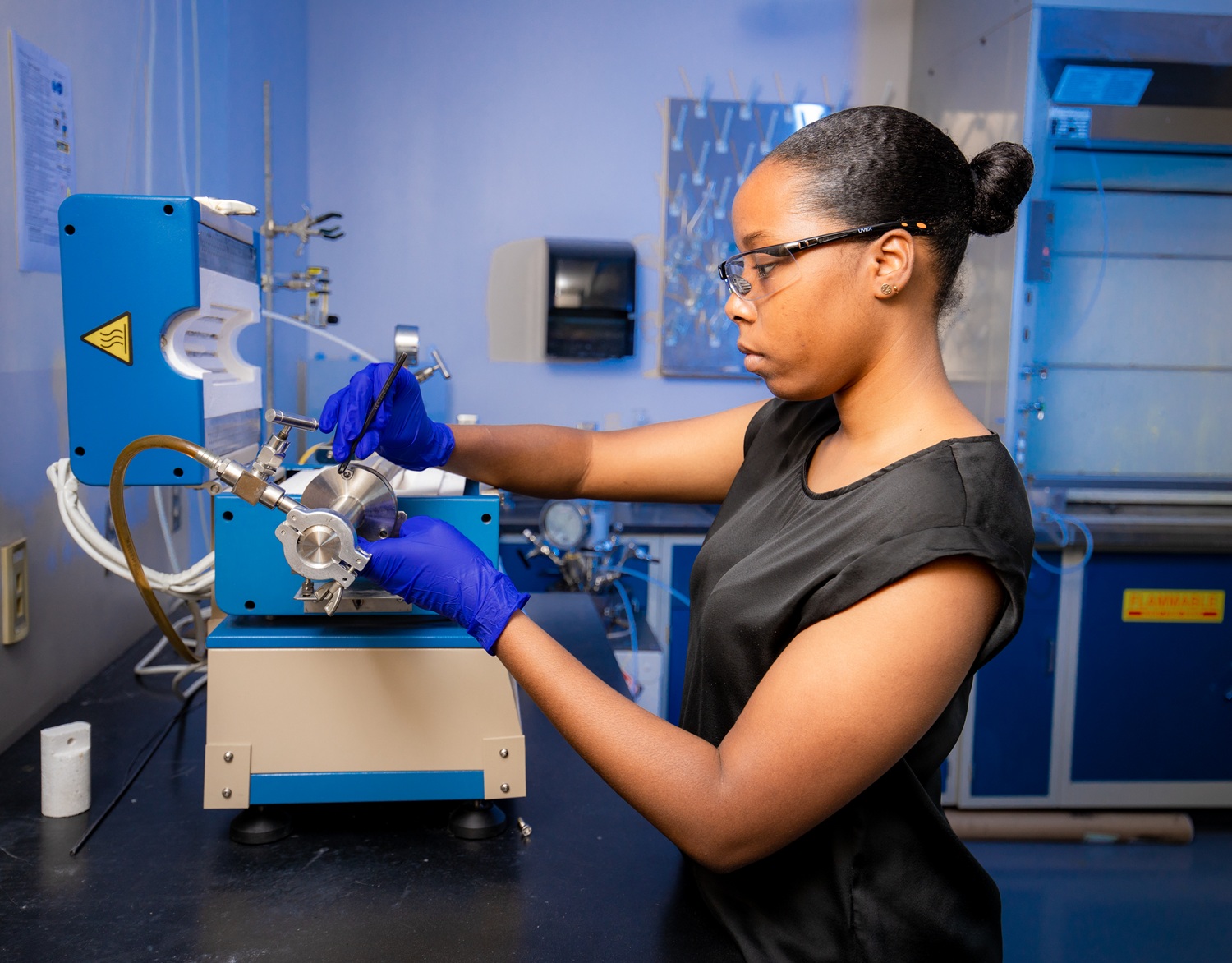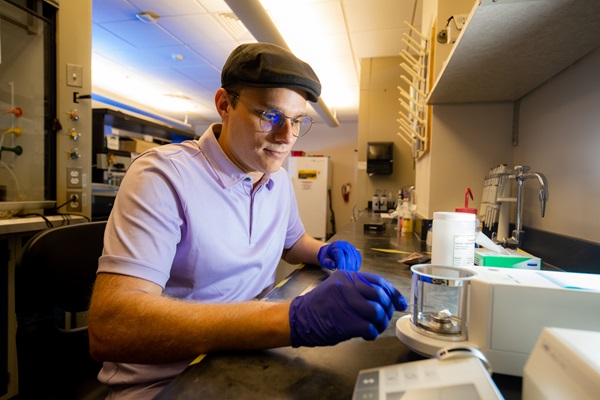Florida Tech offers a close-knit learning environment where small classes and dedicated faculty provide personalized mentoring and help you build a strong professional network.
Creative collaboration between students and professors fosters intellectual curiosity, with frequent opportunities to gain real-world experience beyond the classroom.
What sets Florida Tech apart is its strong focus on research and teamwork. Whether you're engaged in hands-on fieldwork, faculty-led projects, internships, assistantships or peer collaborations, you'll graduate with the skills and confidence to succeed in your career.

 Give to Florida Tech
Give to Florida Tech 


